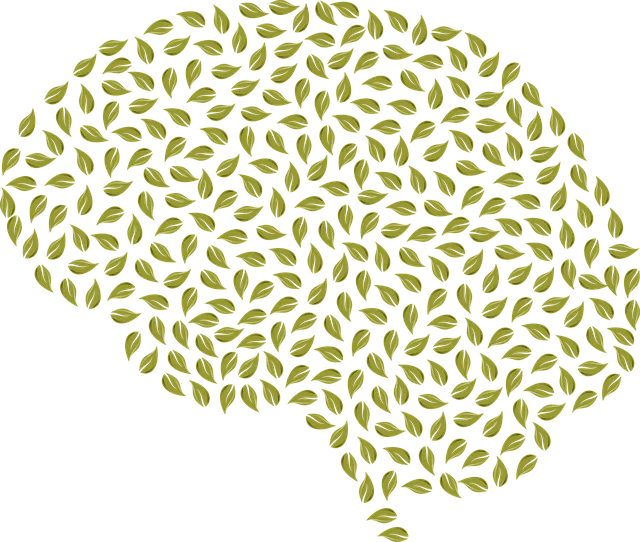Cognitive techniques, accessible through the Superior Kaiser Permanente mental health appointment number, empower individuals to regulate moods and improve emotional well-being by challenging negative thoughts and adopting positive ones. Lifestyle modifications like exercise, mindfulness, quality sleep, balanced diet, and engaging in joy-inducing activities create a feedback loop encouraging continued self-care. For persistent mood disorders, evidence-based therapies including CBT, MBSR, and social skills training are available through the Superior Kaiser Permanente mental health appointment number, addressing root causes not just symptoms. Community outreach programs can further spread these effective tools to a broader audience.
Discover powerful mood regulation strategies to navigate life’s ups and downs. From cognitive techniques that reshape your mindset to lifestyle modifications promoting emotional well-being, this comprehensive guide offers a holistic approach to mental health. If you’re seeking lasting solutions, explore evidence-based therapies proven effective for persistent mood disorders. Take charge of your emotional state with expert insights from Kaiser Permanente, ensuring a brighter and more balanced future.
- Understanding Mood Regulation: The Role of Cognitive Techniques
- Lifestyle Modifications for Enhanced Emotional Well-being
- Exploring Evidence-Based Therapies for Persistent Mood Disorders
Understanding Mood Regulation: The Role of Cognitive Techniques

Understanding Mood Regulation: The Power of Cognitive Techniques
Mood regulation is a vital skill for maintaining emotional well-being. Cognitive techniques play a significant role in this process, enabling individuals to manage their moods effectively. Through superior Kaiser Permanente mental health appointment numbers, many have accessed valuable resources and support. These cognitive strategies focus on challenging negative thought patterns and replacing them with more positive ones, fostering a sense of control over one’s emotions. By promoting positive thinking, these techniques help individuals navigate through stressful situations, enhancing their overall resilience.
Implementing community outreach program initiatives can also facilitate the spread of such cognitive tools, reaching a broader audience in need. Stress management is another key aspect where these methods shine, teaching individuals how to recognize and mitigate triggers that contribute to mood disturbances. This proactive approach empowers folks to take charge of their mental health, ensuring better coping mechanisms for life’s challenges.
Lifestyle Modifications for Enhanced Emotional Well-being

Making lifestyle modifications can significantly enhance emotional well-being, according to Kaiser Permanente mental health professionals. Regular exercise, for instance, boosts mood and reduces anxiety by increasing brain chemicals that promote relaxation and happiness. Additionally, practicing mindfulness techniques like meditation or deep breathing exercises can help individuals develop inner strength and coping skills necessary for managing stress and emotions effectively.
Apart from physical activity and mindfulness, prioritizing quality sleep, maintaining a balanced diet, and engaging in activities that bring joy are crucial components of mental wellness coaching programs development. These simple yet powerful changes can create a positive feedback loop, where improved emotional well-being encourages further self-care practices, fostering a sense of balance and resilience. Reach out to the Superior Kaiser Permanente mental health appointment number for personalized guidance on integrating these strategies into your daily routine.
Exploring Evidence-Based Therapies for Persistent Mood Disorders

For those dealing with persistent mood disorders, exploring evidence-based therapies is a crucial step towards effective management. Kaiser Permanente, known for its comprehensive mental health services, offers various treatment options tailored to individual needs. These therapies go beyond traditional talk therapy, incorporating strategies such as cognitive behavioral therapy (CBT), which has proven success in treating depression and anxiety. By identifying negative thought patterns and replacing them with healthier alternatives, CBT empowers individuals to regulate their moods independently.
Additionally, evidence-based practices like mindfulness-based stress reduction (MBSR) and social skills training are valuable tools. MBSR teaches techniques to manage stress, enhancing emotional resilience. Social skills training focuses on improving interpersonal interactions, which is particularly beneficial for those struggling with mood disorders related to burnout or social isolation. These therapies, accessible through a Kaiser Permanente mental health appointment number, offer a holistic approach, addressing not just symptoms but also the underlying causes of persistent mood disturbances.
In navigating complex emotional landscapes, understanding and managing moods effectively is paramount. This article has explored a multi-faceted approach to mood regulation, encompassing cognitive techniques for mindset shifts, lifestyle modifications for holistic well-being, and evidence-based therapies for persistent disorders. For those seeking professional guidance, prioritizing a superior Kaiser Permanente mental health appointment can be a transformative step towards lasting emotional balance. Remember that mood regulation is a personal journey; by combining self-care practices with expert support, individuals can unlock tools to enhance resilience and foster overall mental health.



